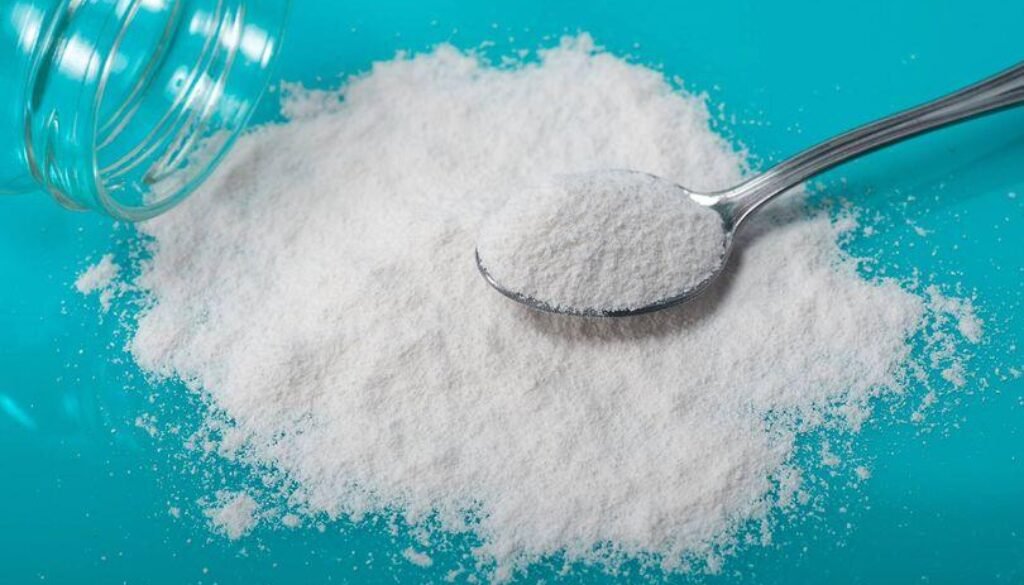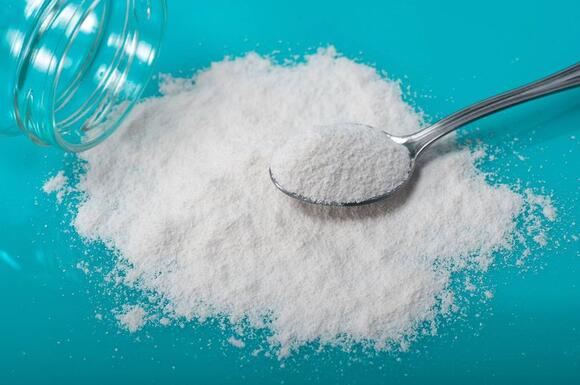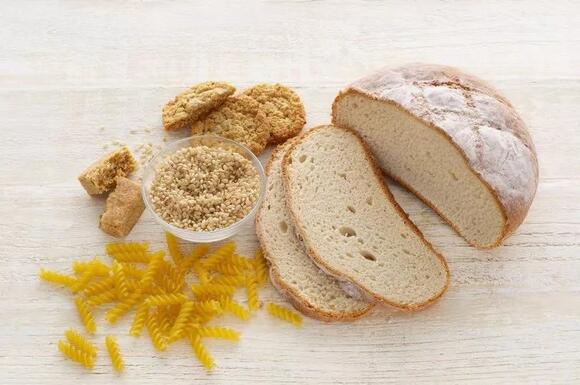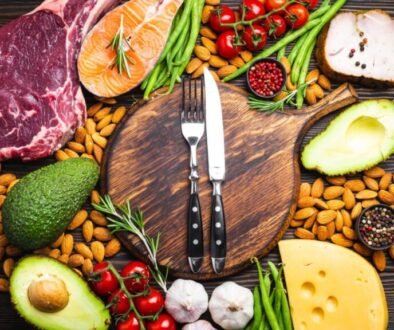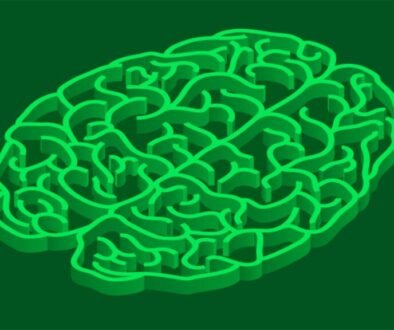The health expert warns against a type of carbohydrates “more dangerous than sugar”
[ad_1]
A health guru sounded the alarm on a particular type of carbohydrates which, according to him, is “more dangerous than sugar” and can “increase blood sugar”.
Dr. Eric Berg, DC, who has raised more than 13 million followers on his YouTube channel, plunged into the dangers of maltodextrine and its impact on blood sugar. Dr. Berg, an authority over ketosis and intermittent fasting, frequently shares inside and instructive videos on its social platforms.
He wrote the best-seller The Healthy Keto Plan and is the Director of Nutrients for Dr. Berg. The ketosis is when the body chooses to burn fat for fuel rather than glucose, indicated by high levels of ketone in blood or urine. Studies suggest that a ketogenic diet can help weight loss, stabilize blood sugar and risk of lower heart disease.
Find out more: Doing a bread thing can stimulate health benefits and prevent it from going wrong
Find out more: Walmart customers have scandalized dark discoveries inside the cooked chicken chips
It is also associated with advantages such as reduced hunger, stimulated energy and increased health of the skin. Stressing the carbohydrate to avoid for those who look at their blood sugar, Dr. Berg said: “There is this carbohydrates which is much more dangerous than sugar. Now people tend to think that sugar is the worst, but there are other things that are even worse than sugar.”
He continued: “This specific carbohydrate is bad, and I'm going to tell you why. Let's take a look at the glycemic index, where is sugar? Well, table sugar is about 65 years old, not terribly high. Where is glucose? 100. Where is this carbohydrate? Between 116 and 136 on the glycemic index.
“So, in other words, it is a carbohydrate that is not classified as a sugar, but acts like a sugar in a much more fatal way. As far as it can do to your blood sugar, it really will. Really, for me, it's a sugar.”
He concluded his message by advising his audience: “So start to read the labels and avoid maltodextrin.” According to a statement on the Holland and Barrett website: “Maltodextrin is actually a polysaccharide, which is a specific type of carbohydrates made from a group of sugar molecules which are all linked together. In general, maltodextrine is an starch made from several sugars, which tend to Corn, wheat, rice, rice, rice
Although it is not technically a sugar, maltodextrin imitates one by causing blood sugar points due to its high glycemic index which exceeds that of ordinary sugar. It is also important to note that if maltodextrin comes from wheat, although it is not gluten itself, there is a possibility that it can contain traces of gluten, which could remain after treatment.
Maltodextrin appears as a white powder substance used in a plethora of processed foods, improving their taste, texture and storage time. It works as a filling, an extension, a stabilizer and a preservative.
For lactose intolerant babies, maltodextrin can serve as a lactose substitute in their diet. In addition, it is frequently found in sports drinks and supplements to provide a rapid increase in athletes and bodybuilders.
Some people believe that maltodextrin can affect health. However, organizations such as Food and Drug Administration (FDA) judge him a safe food additive.
If someone is attached to foods containing maltodextrin, their diet can become rich in sugar, fiber low and filled with highly processed items. These eating habits can increase the risk of high cholesterol, weight gain and the appearance of type 2 diabetes.
Maltodextrin has a higher glycemic index (GI) than table sugar. This means that eating foods with maltodextrin can cause a rapid increase in blood sugar little time after consumption.
Such an increase in blood sugar may have serious risks for people with diabetes or insulin resistance, especially if their blood sugar remains high for a prolonged period or reached dangerously high levels.
A high GI indicates that the sugars of these foods quickly enter the blood circulation, facilitating rapid absorption by the body. Conversely, complex carbohydrates such as beans and whole wheat pasta are healthier choices, given their slower absorption rate.
[ad_2]

